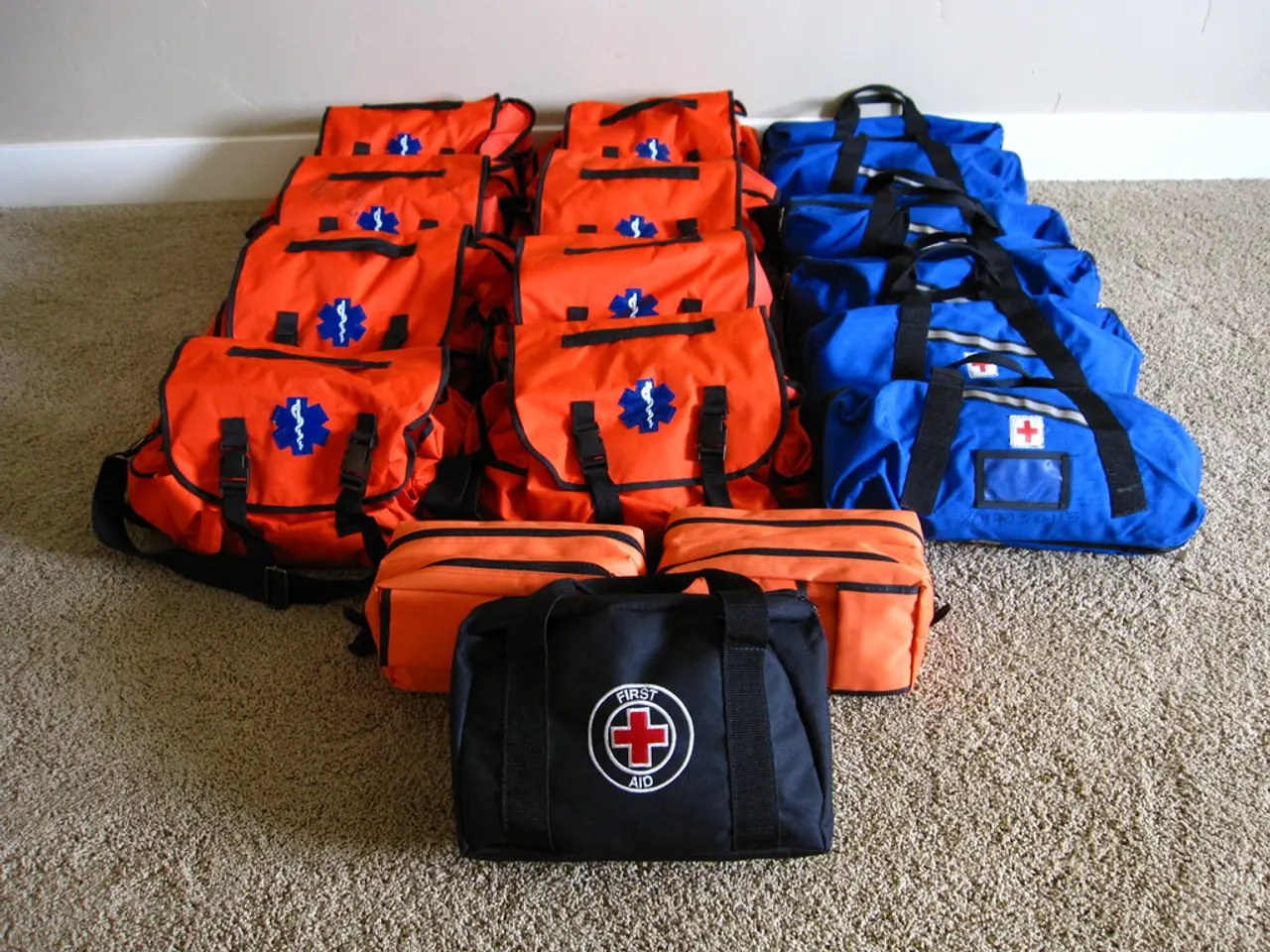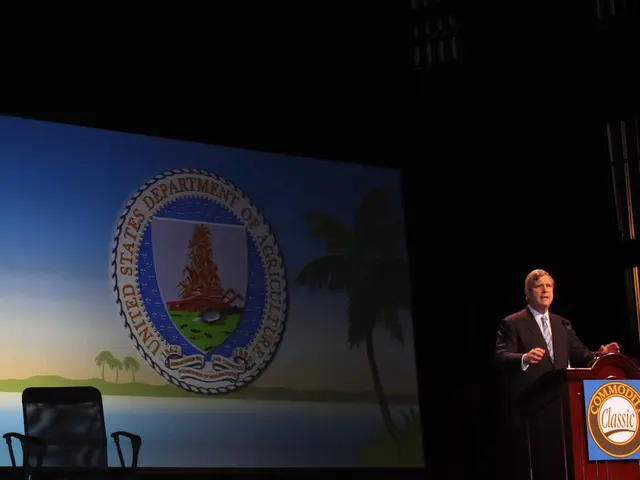Supreme Court upholds panel's suggestion for free preventive healthcare, denying challenge
Let's dive into the latest scoop on preventive healthcare services! The Supreme Court recently solidified the existence of a task force that mandates these services, originally created in the Affordable Care Act, should be covered at no cost by insurers. This means PrEP, a medication that significantly reduces the risk of getting HIV, is still recommended!
However, there's a catch. While this legal challenge didn't challenge the Affordable Care Act entirely, it could have affected millions of folks' access to preventive services. The case is headed back to a lower court, where challenges to the task force's recommendations can potentially occur again.
But fear not! If you've been accessing preventive services because of this provision, the decision ensures you can keep doing so without shelling out a dime. Andrew Twinamatsiko, a director at Georgetown University's Center for Health Policy and the Law, put it simply: "This is a big win for preventive services."
Now, some might wonder about who pulls the strings on these recommendations. In this case, the Supreme Court ruled that those on the panel are "inferior officers," meaning they don't require direct appointments by the President. This means Health and Human Services Secretary Robert F. Kennedy Jr., and his predecessor in the Biden administration, have the ability to name the experts populating the panel.
The Supreme Court's recent ruling might raise eyebrows due to Kennedy's influence over numerous health care-related panels. Just earlier this month, he ousted all 17 members of the US Centers for Disease Control and Prevention's Advisory Committee on Immunization Practices and replaced them with new members, sparking concerns about potential bias.
While the debate over the task force structure happened in court, it also found its way into political circles. A Texas business, Braidwood Management, initially appealed on religious grounds, objecting to covering certain preventive services, like PrEP. Though the Biden administration initially defended the task force, President Donald Trump's administration later stepped in to support its constitutionality.
The fight over Braidwood Management's religious objections to PrEP was eventually separated from the main Supreme Court case, focusing on whether the task force members must be appointed by the President and confirmed by the Senate. The Trump administration argued that these task force members were "inferior officers" and could be removed at-will by the HHS secretary. However, it's worth noting that the law is unclear about who should appoint the board.
In the end, the Supreme Court upheld the task force structure, ensuring that more than 30 types of preventive services recommended by the USPSTF, including updated cancer screening methods and PrEP, remain covered under the Affordable Care Act. As of now, the legitimacy and insurance coverage requirements for USPSTF recommendations, including PrEP, remain in place.
- Politics played a significant role in the recent Supreme Court ruling on the protectors of preventive healthcare services.
- The task force mandating these free services was initially created in the Affordable Care Act.
- PrEP, a medication that reduces the risk of HIV, is one of the services mandated by this task force.
- Access to preventive services could have been affected by a legal challenge, although the Affordable Care Act itself was not challenged.
- The case is being sent back to a lower court, where challenges to the task force's recommendations may occur again.
- Despite the potential for future challenges, those accessing preventive services due to this provision can continue without cost.
- Andrew Twinamatsiko, a director at Georgetown University's Center for Health Policy and the Law, called it a "big win for preventive services."
- The Supreme Court ruled that the individuals on the panel are "inferior officers," not requiring direct appointments by the President.
- This allows the Health and Human Services Secretary, currently Robert F. Kennedy Jr., to name the experts on the panel.
- Kennedy's influence over health-related panels has raised eyebrows, especially after he ousted all 17 members of the US Centers for Disease Control and Prevention's Advisory Committee on Immunization Practices.
- The debate over the task force structure was not only present in court but also found its way into political circles.
- Braidwood Management, a Texas business, initially appealed on religious grounds, objecting to covering certain preventive services like PrEP.
- The Biden administration initially defended the task force, but the Trump administration later supported its constitutionality.
- The fight over Braidwood Management's religious objections to PrEP was eventually separated from the main Supreme Court case.
- The focus of the main case was on whether the task force members must be appointed by the President and confirmed by the Senate.
- The Trump administration argued that these task force members were "inferior officers" and could be removed at-will by the HHS secretary.
- However, the law is unclear about who should appoint the board.
- In the end, the Supreme Court upheld the task force structure, ensuring that more than 30 types of preventive services remain covered under the Affordable Care Act.
- These services include updated cancer screening methods and PrEP.
- The ruling ensures that individuals can continue to access these services without cost.
- The Supreme Court's decision is not just a victory for preventive healthcare services, but also for science and medical-conditions such as HIV.
- The decision is also a win for workplace-wellness, as many employers offer these services to their employees.
- Chronic diseases like diabetes and heart disease can be managed through preventive care and screenings.
- Cancer prevention and early detection can significantly improve survivability rates.
- Respiratory conditions like asthma can be better managed through regular screenings and therapies.
- Digestive health can be improved through regular screenings and nutrition counseling.
- Eye health, hearing, and skin care are also important aspects of preventive care.
- Therapies and treatments for autoimmune disorders, mental health, and neurological disorders can be more easily accessed due to the ruling.
- The ruling also affects Medicaid and Medicare, ensuring that these services are covered for a large portion of the population.
- CBD, a popular alternative treatment for various medical conditions, may also benefit from this decision as it falls under health and wellness.








